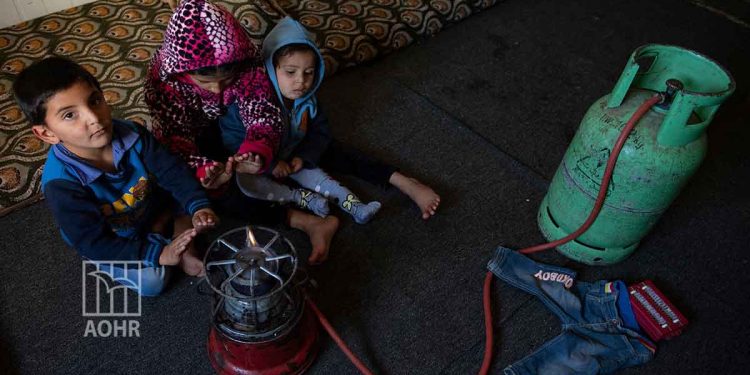The UN warned that the 12-year conflict in Syria has pushed 90 percent of its population below the poverty line, and that millions face cuts in food aid next month because of a funding shortfall.
The UN humanitarian chief Martin Griffiths said that the $5.4 billion UN humanitarian appeal for Syria – the world’s largest – is only 12 percent funded, meaning that emergency food aid for millions of Syrians could be cut by 40 percent in July.
Griffiths delivered the grim news to the UN Security Council along with an appeal to members to renew the authorization for the delivery of aid to the country’s northwest areas, which expires July 10.
Griffiths, who returned Wednesday from Damascus, said the Syrian people are facing “profound humanitarian challenges.” He said they were gathering Thursday on the Muslim holy day Eid Al-Adha “with less food on their plates, little fuel in their stoves, and limited water in their homes” and their hardship comes at a time when the UN and its humanitarian partners have limited means to help.
He urged a stronger international consensus on the importance of these programs and a relaxation of rules to allow not only vocational training but mentoring for young people, construction of irrigation systems without qualifying them as “development” projects, and the opening of schools regardless of whether they are described as “rehabilitated” or “reconstructed.”
The Syrian war, initiated by Assad after peaceful protests against his regime arose in 2011, has killed at least 500,000 people, displaced half the pre-war population of 23 million. A 7.8 magnitude earthquake, that hit the country on February 6, has further deepened the humanitarian suffering.
Meanwhile, millions of displaced people are currently living in camps in north and northwest Syria, as they fled the regime’s bombing of their villages, towns and cities.
International humanitarian law prohibits targeting civilians and subjecting them to attack, whether a group or individuals, and stresses respect for their lives, their physical and mental integrity, and their protection and humane treatment.






























